Do you ever experience painful contractions of the muscles that stop you in your tracks? This post will give you 14 foods that help with muscle cramps. These foods are all part of a healthy lifestyle, which means a double bonus!
A muscle cramp often comes upon you all of a sudden – a painful surprise that may cause you to stop whatever you are doing to catch your breath. Or you may even have to take a break.
No one likes to have muscle cramps get in the way of exercise or a good night’s sleep. An annoying charley horse that causes you to wake in pain or cramping that stops your exercise routine can put a damper on things.
When a sudden jolt from a cramp strikes, try not to tighten the muscle even further. Instead, massage and stretch it if you can – this can often bring relief. For a calf cramp, for example, stand on the toes and lift the heels, effectively stretching the calf.
Sometimes a heating pad brings extra relief after a cramp. And warming up properly prior to exercise, along with staying hydrated, are two ways to keep painful muscle contractions at bay.
But even better than finding relief from a muscle cramp is avoiding it in the first place. I’ve researched the best foods for preventing these pesky jolts of pain.
And the best part is, the foods are delicious and good for you – which is all part of a clean-eating lifestyle. So, it’s a win-win.
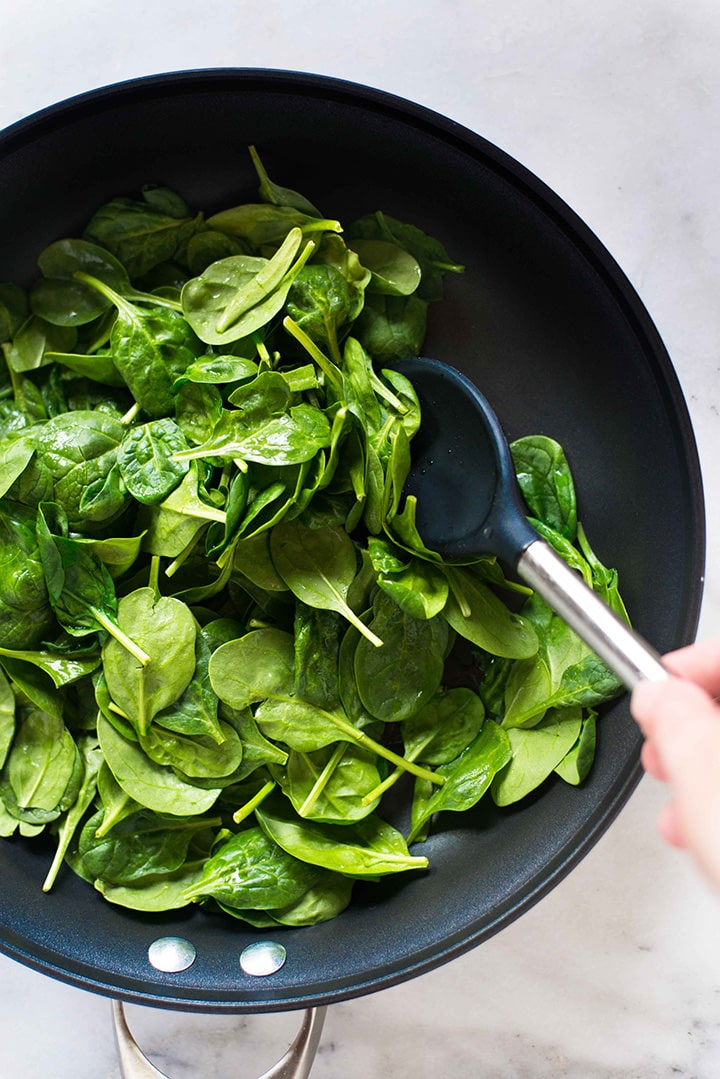
WHAT CAUSES MUSCLE CRAMPS?
There are a few reasons for muscle cramps. Certain activities and environmental factors can play a part. Both exercise and a sedentary lifestyle can cause cramping. A healthy balance is key. Other factors that can influence the problem are:
- Cold water can cause cramping
- Some medications can cause muscle cramps
- Cramps in the muscles can occur with overuse of the muscles
- A lack of vitamins, such as Vitamin D can cause pain and muscle spasm
- Muscle cramps can occur if minerals like potassium are decreased
- Dehydration can cause cramping
- Standing or sitting for a long time can make muscle cramps appear
- Health issues like multiple sclerosis and blood flow problems can cause cramping
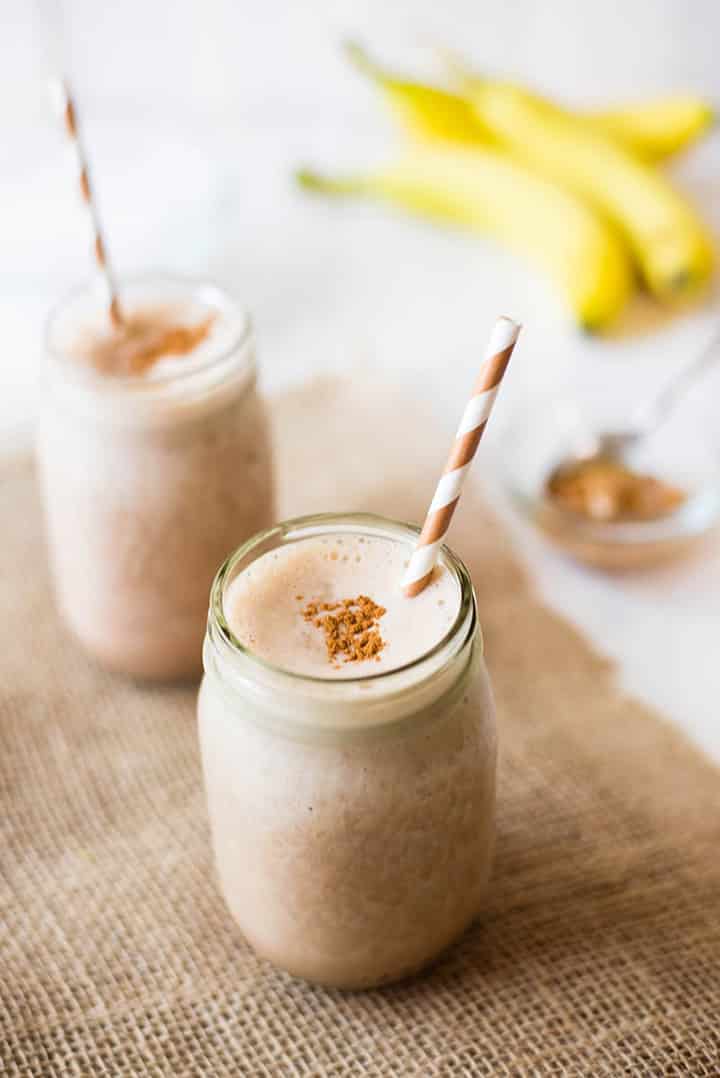
WHAT IS THE BEST DRINK FOR MUSCLE CRAMPS?
It’s always good to keep hydrated with lots of water. Liquids like tea, smoothies, and water infusions all add to your intake. Depending on what the cause of the muscle cramps is, drinking an oral rehydration solution can reduce muscle cramps. Moms-to-be may find extra relief from muscle cramps by adding magnesium to the diet. To reduce exercise-induced muscle cramping, drinking liquids with salt and sugar is often recommended. You can make your own drink:
- ¾ cup of cranberry juice
- 3 ¼ cups of water
- ¾ teaspoon of table salt
WHAT FOODS CAN CAUSE MUSCLE CRAMPS?
It’s a known fact that foods that cause inflammation can exacerbate cramping. Why is that? Inflammation can affect the inflammatory markers in the blood, particularly C-reactive protein. In turn, the resulting inflammation causes a strain on joints. To reduce inflammation, avoid eating these foods (for the full scoop, read my post on the top inflammatory foods).
- Refined carbs like white bread are devoid of nutrients
- Excessive red meat consumption is bad due to nitrates
- Fast food is full of trans fats
- Foods with refined sugar such as packaged muffins are full of artificial ingredients
- Salty foods can wreak havoc on the body
1. SMOOTHIES
Smoothies really pack a healthy punch. They are full of nutrients, and you can make a smoothie to suit just about any taste. Grab a ready-made freezer pack for smoothies, throw it in the blender and you are good to go. How do smoothies benefit muscle cramps? Think about all of the nutrients contained in this go-anywhere meal. You can add potassium-rich bananas, full-fat Greek yogurt for muscle-building protein, and berries, which we all know have mega-benefits.
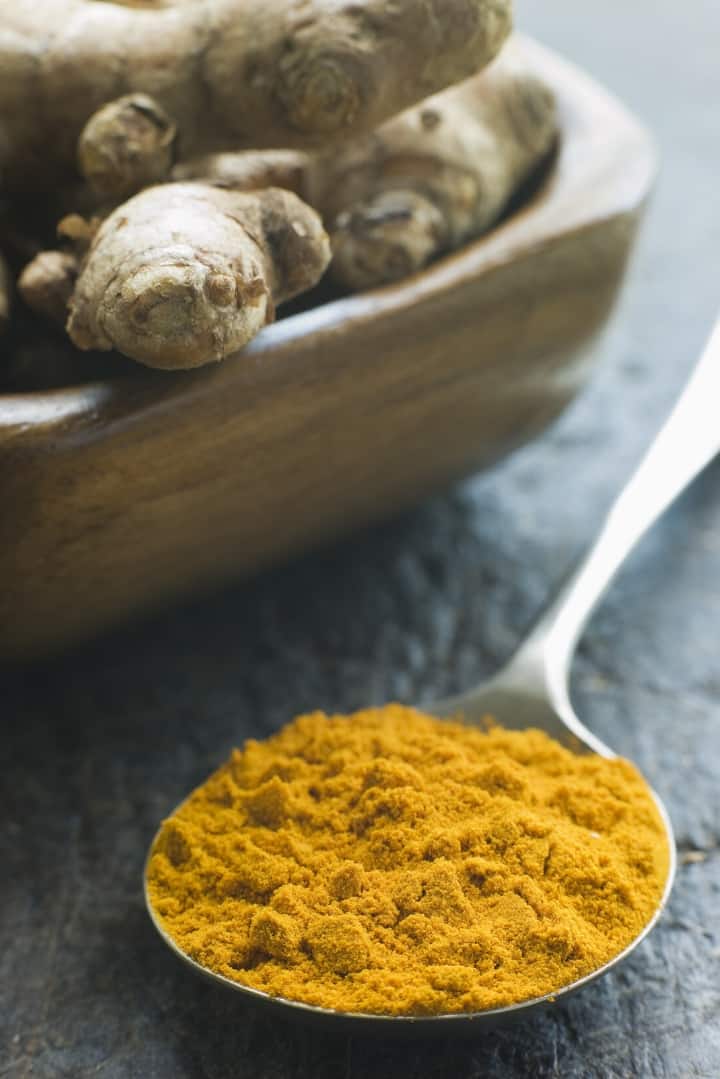
2. TURMERIC
The curcumin in turmeric is known to help with muscle soreness, injury, and damage. Exercise can sometimes be linked to muscle cramps, whether during training or after. Try adding turmeric to your diet as a preventative of muscle cramps. This healthy spice can provide many more benefits, too. Read my recent post – it lists 10 Amazing Benefits of Turmeric!
3. COCONUT WATER
Coconut water is known to have many benefits because of the natural sugars, vitamins, amino acids, and minerals. Think calcium, potassium, phosphorous, and sodium – all essential to a body that runs smoothly! Muscle cramps are often caused by vitamin and mineral deficiencies, so it only makes sense to top up your daily intake with coconut-infused lemonade. You can add coconut water to smoothies, too.
4. SARDINES
Selenium deficiency has been related to chronic myofascial pain, which is pain in connective muscle tissue. It often occurs in a tight muscle or muscles that have been inactive due to illness or injury. Sardines also contain lots of protein, essential to muscle health.
5. PAPAYA
A study focusing on women and muscle cramps stated that the women who had lower levels of potassium experienced more muscle cramps. Papaya is considered a high-potassium food and provides many benefits on top of the prevention of muscle cramps. Roast papaya or try it on a salad.
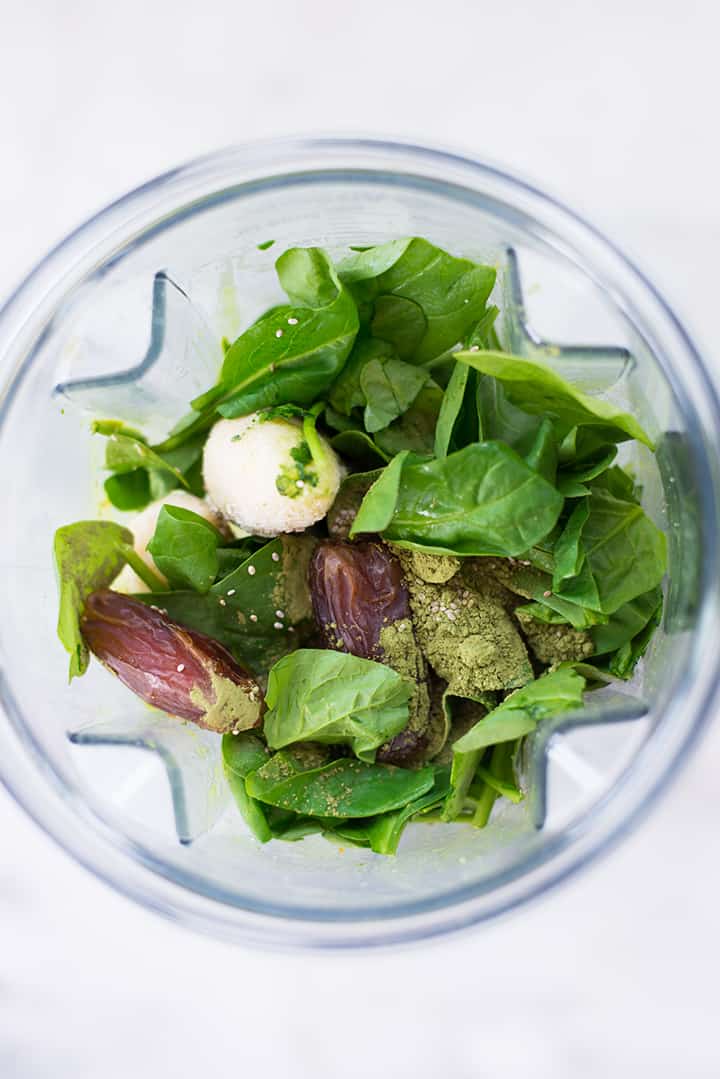
6. BEET GREENS
Beet greens are high on the potassium scale. Potassium is known to be good for bone health, but not only that, this mineral works to prevent muscle cramps, too. Beet greens have magnesium, phosphorous, and are packed with vitamins. Pick greens that are bright green in color, avoiding spots or withering.
7. BERRIES
Anthocyanins are flavonoids that fight free radicals, which cause disease processes to ramp up in the body. Berries, including blueberries, raspberries, blackberries, and tart cherries, contain these flavonoids. Studies have proven that blueberries contain anthocyanins whether they are fresh, dried, or frozen. This means you can enjoy them in any form you like!
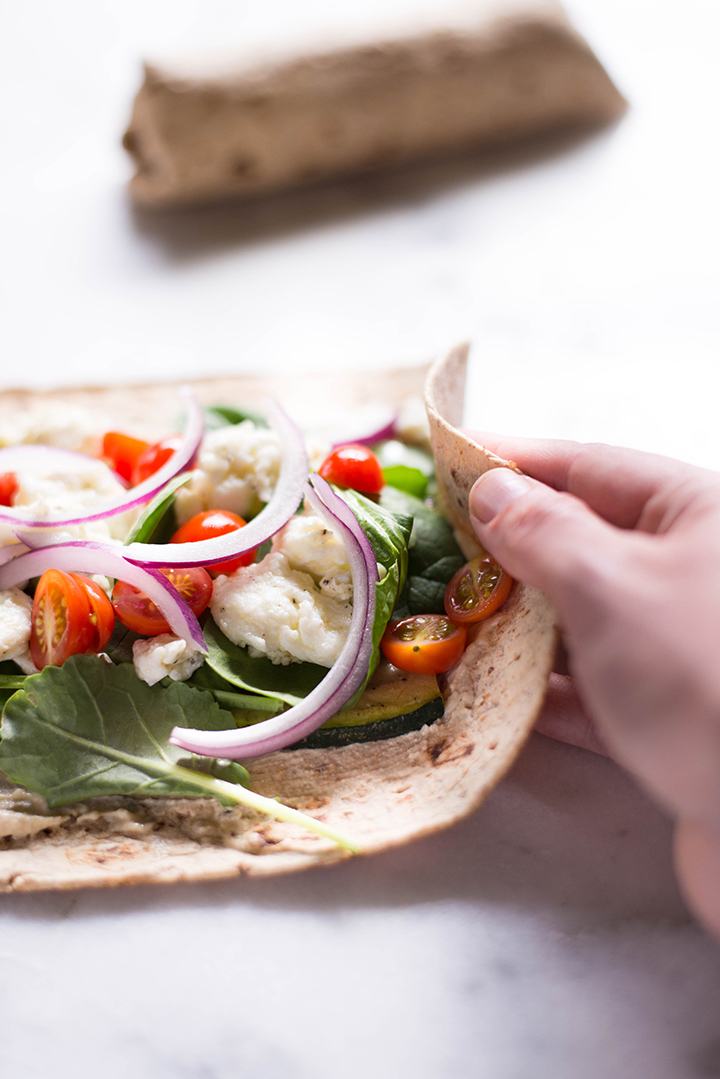
8. SPINACH
Studies show that spinach alleviates the oxidative stress markers indicative of muscle damage. It’s a food well known for its iron content and is also rich in antioxidants. Add spinach to egg dishes and wraps for an extra boost of healthy goodness.
9. BANANAS
A controlled study indicated that bananas played an important part in diminishing post-exercise inflammation and assisted with overall recovery afterward. Bananas are loaded with potassium and contain fiber, Vitamin C, manganese, and magnesium. Add them to a smoothie or include them in a berry-filled fruit salad.
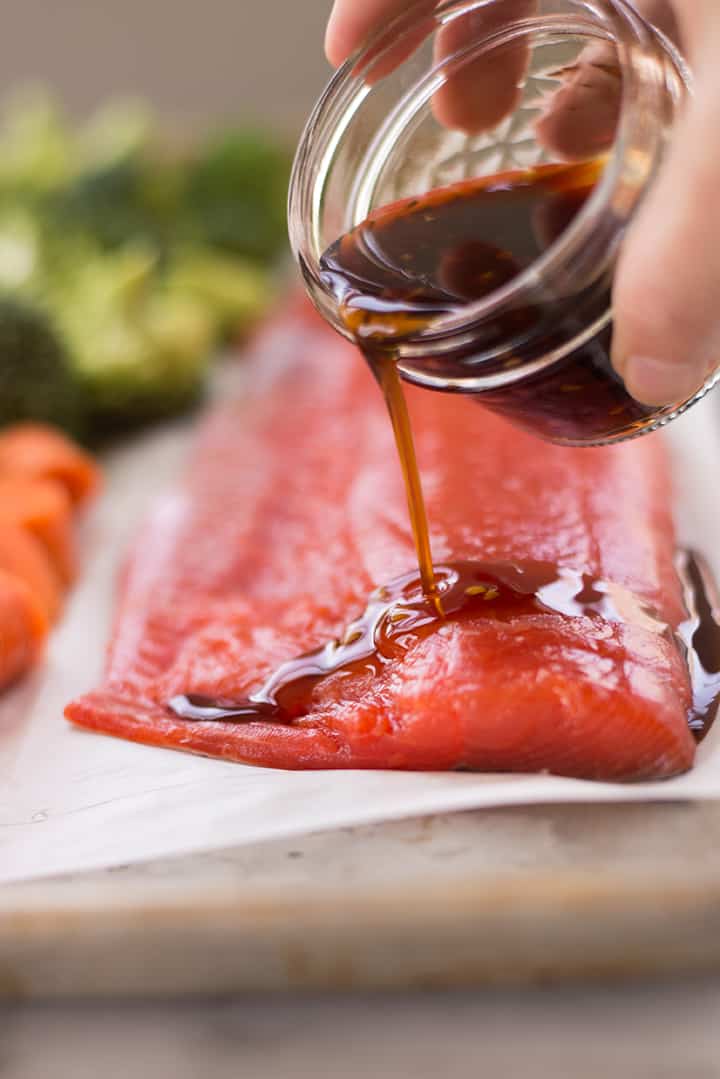
10. SEAFOOD
Keep the blood flowing through muscle tissue with the help of iron. Sources of iron are plenty and include salmon, shrimp, and tuna. Combine these tasty foods with veggies like spinach and Brussel sprouts to up your iron intake. As well, salmon, for instance, has high levels of vitamin D, known to relieve muscle spasms and speed up recovery.
11. GREEK YOGURT
Both protein and calcium are essential to muscle strength, repair, and reduction of stiffness. Keeping your muscles supple shortens recovery after exercise and avoids tightening that causes pain. Full-fat, plain Greek yogurt is an example of a dairy good that is good for you, and good for weight loss, too.
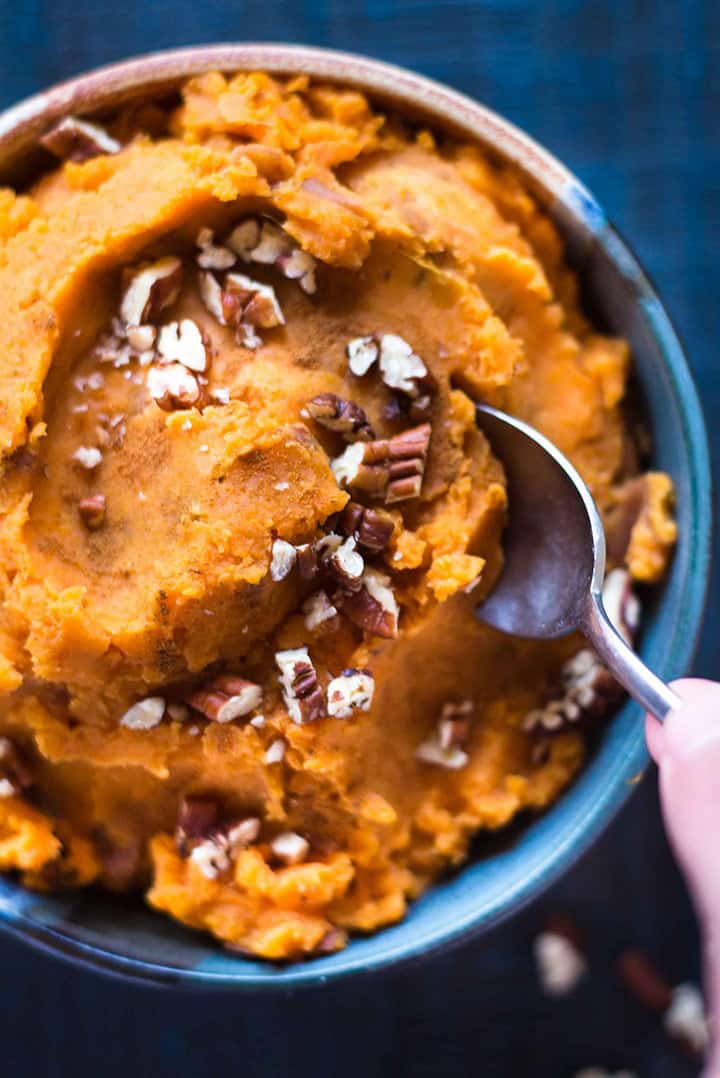
12. SWEET POTATO
Calcium, potassium, and magnesium all play a part in muscle function. Keeping your body well-supplied is crucial to avoiding cramping. This nutrition-packed vegetable is full of these minerals and is a food that you should definitely include in your diet.
13. WATERMELON
Watermelon contains citrulline, which, according to a study published in the Journal of Agricultural and Food Chemistry, helped athletes recover from muscle soreness within 24 hours. This discomfort can translate to cramping, pointing out that stretching and rehydrating with a water-laden fruit like watermelon is beneficial.
14. AVOCADO
Electrolytes are important to muscle contraction. Studies show that muscle cramps may occur when potassium levels are low. Avocados are powerhouse fruits packed with nutrients, including vital cramp reducing potassium.
This post contains affiliate links to products I use regularly and highly recommend.

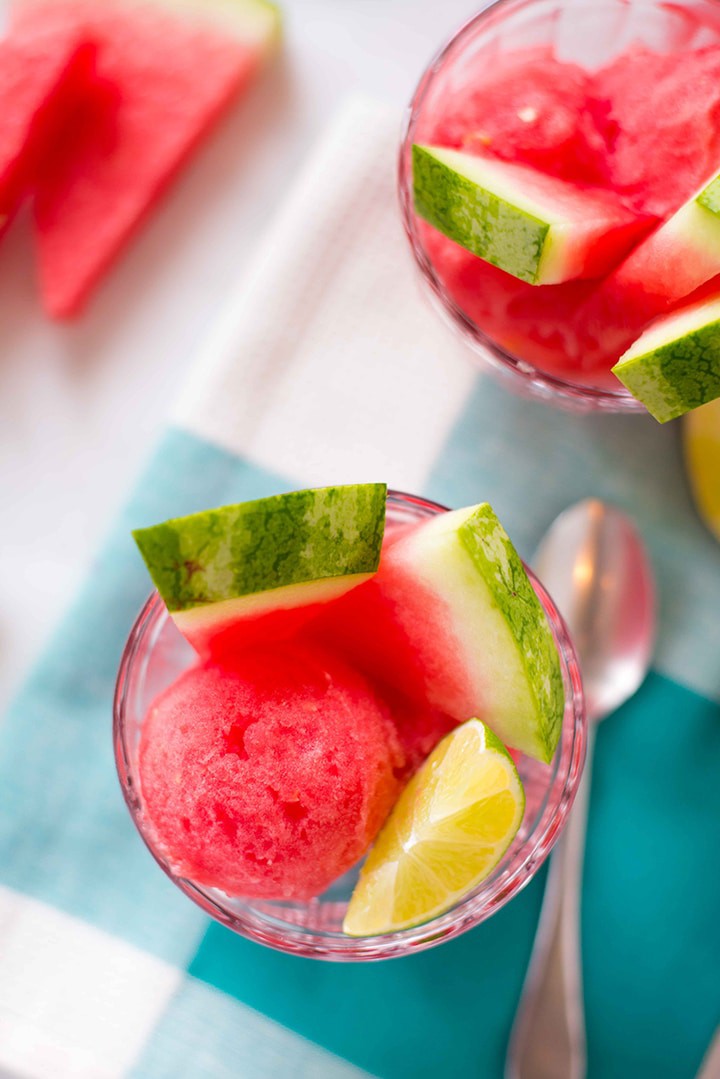

Peter Ewon
Thank you so much for this very informative page!